This is one of the series of articles about virtual hackathons: if you are working from home and have some spare energy, please join the collective efforts to solve some important problems: your skills can help people and communities!
During the weekend 20-23 March 2020, I took part in multiple COVID-19 hackathons remotely, virtually, on-line since there are global "social distancing" measures and many people are in quarantine. In these difficult times, it was heart-warming to see how many people want to be together in solidarity and contribute to the common good, by collectively hacking on the solutions for our shared problems.

There were hackathons on a variety of topics such as medical equipment, supporting local communities, 3D printing, medical data visualisations, B2B, apps. One was focused only on ventilators. The big ones had thousands of participants. The organising teams were tens of people strong! That’s quite a different scale of events from our own small events.
The biggest challenge was keeping track of all the different communication platforms. While there is strength and beauty in a diversity of products, it's not an easy task to track all of my accounts, channels, drawing-boards, video-rooms, document-shares, project-management-solutions. For technical reasons, users on different platforms cannot talk to each other... or maybe they don't want to? ;-)
My dream would be to have all of these platforms use open standards, so that there is at least a possibility of interoperability and unification of accounts - so that, if users would want to talk to each other, they can find each other and exchange content.
WFH as a Meta-solution for the Crisis
I spent most of my time in #HackTheCrisisFinland (Full project description). There were over 1,500 people registered, submitting 200+ projects. The project that captured my attention was “Future Society Now”, focusing on maintaining a sustainable society after the crisis through remote working (WFH = Working From Home, which is a new TLA = Three Letter Acronym).
Stay Home, Save the Planet! Pandemic crisis as an opportunity to learn lessons to fight climate change. Working remotely and limiting commutes can become our new KEY efforts in limiting CO2 emissions. You stayed home to save lives, now stay home for the climate!
The COVID-19 epidemic has rapidly forced a massive amount of people to adapt to new ways of living their daily lives. Working remotely turned from an alternative way of working to a necessity literally overnight, and a massive amount of work-related travel was cancelled in an instant.
At the same time, the world is facing a climate crisis, but failing to respond to it with the same urgency. Many measures taken by societies all over the world to fight the pandemic are similar to the ones required to fight global warming and limit CO2 emissions. Future Society Now wants to use the crisis as an opportunity to transfer us to a new culture of working remotely and limiting commuting to fight global warming and limit CO2 emissions.
Our team will continue working on this together #goingforward! Join us on this chat channel.
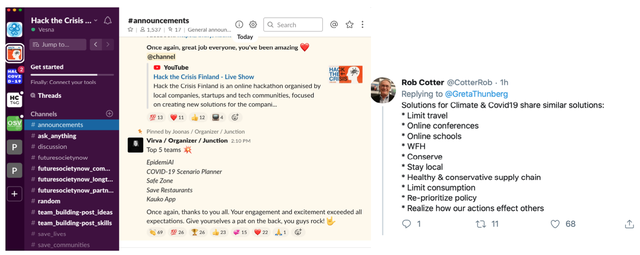
Other Interesting Projects
- Asking A Different Question (PDF)
- Powerful Visualisations (#DataViz)
- Creative Masks & Ventilators
- Pandemic Response
- Hack the Quarantine
- MIT COVID-19 Challenge
- We vs. the Virus
- Hack the Crisis
- The Hackforce virtual hackathon

Charts from the article The Hammer And The Dance
The Virtual RIPE NCC Hackathon
Of course, there is also the RIPE NCC virtual hackathon going on: Measuring the Internet Health - join us!
- No registration needed: start by contributing to this EtherPad page
- We are using this chat channel: slack.ooni.org / #oon-dev (also bridged to IRC)
- For the video chat we are experimenting with Jitsi: next call is on Monday 30. March 3PM CEST (1PM UTC)
Tips for Organising Virtual Hackathons
As an experienced, professional hackathon organiser, it was very interesting for me to be "on the other side" as a participant. Admittedly, virtual hackathons are very different from the face-to-face ones. I have gained a lot of insight into the intricacies of this new challenge. Here are some tips:
Contributing Patterns
- People want to help: they are offering their energy, efforts, and expertise
- Everyone has something to contribute: everyone is an expert in what they love to do
- Organisers were doing a great job: they shared information, created structure and instructions, and gave support
Regressive patterns
- Most failures were because of "too complex technology"
- A lot of “reinventing the wheel”
- Insistence on “individual attribution” (everyone has a "new idea")
- Very little cross-connection and cross-coordination between events
- Personally, I disliked having to register (sometimes even multiple times for the same event)
Conclusions / lessons / notes-to-self
- Give priority to structuring the ways in which people can help the most
- Ask “What do you need the most?” and “What would you love to contribute?”
- Make it clear where the requests and offers can be matched
- Keep it simple!
- The biggest gains would be made if there are better ways of coordinating the efforts
- Think globally, act locally
- Think long term, act now
- "Done" is better than "perfect"
- Publish, share, show, do - as soon as possible - don't wait!
- Perfection is the enemy of done
- Collective Ownership <-> Individual Appreciation / Attribution / Acknowledgement

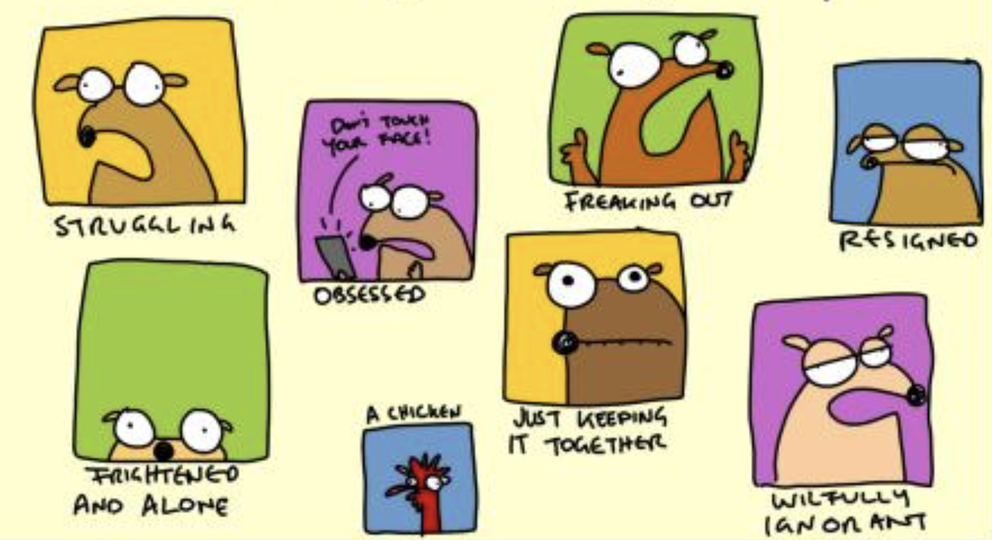
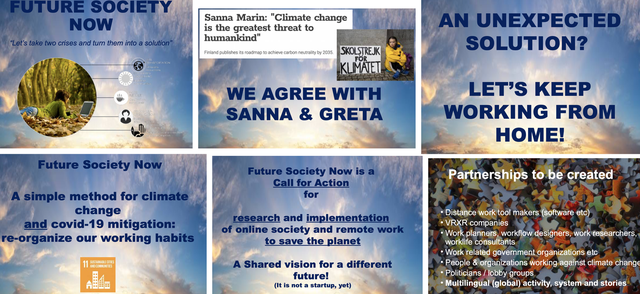
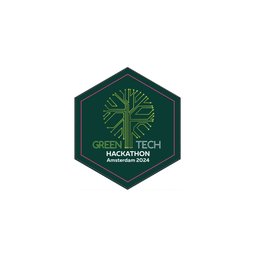
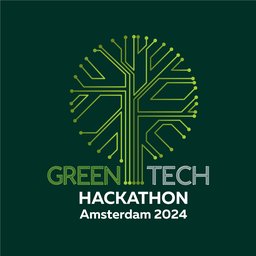
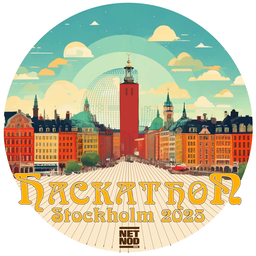
Comments 1
The comments section is closed for articles published more than a year ago. If you'd like to inform us of any issues, please contact us.
Vesna Manojlovic •
One more update: "In Germany, 42,000 programmers and software designers gathered online for a mass hackathon. #Wirvsvirus (we against the virus) came up with possible solutions to problems including virus tracking, improving inter-hospital communication, distributing food to the homeless, and helping farmers find people to bring in the harvest, and ended with a mass party on YouTube and Slack. A jury will decide which projects will be supported, with government funding guaranteed for the best. https://www.theguardian.com/world/2020/mar/28/lockdown-living-europe-activities-coronavirus-isolation "